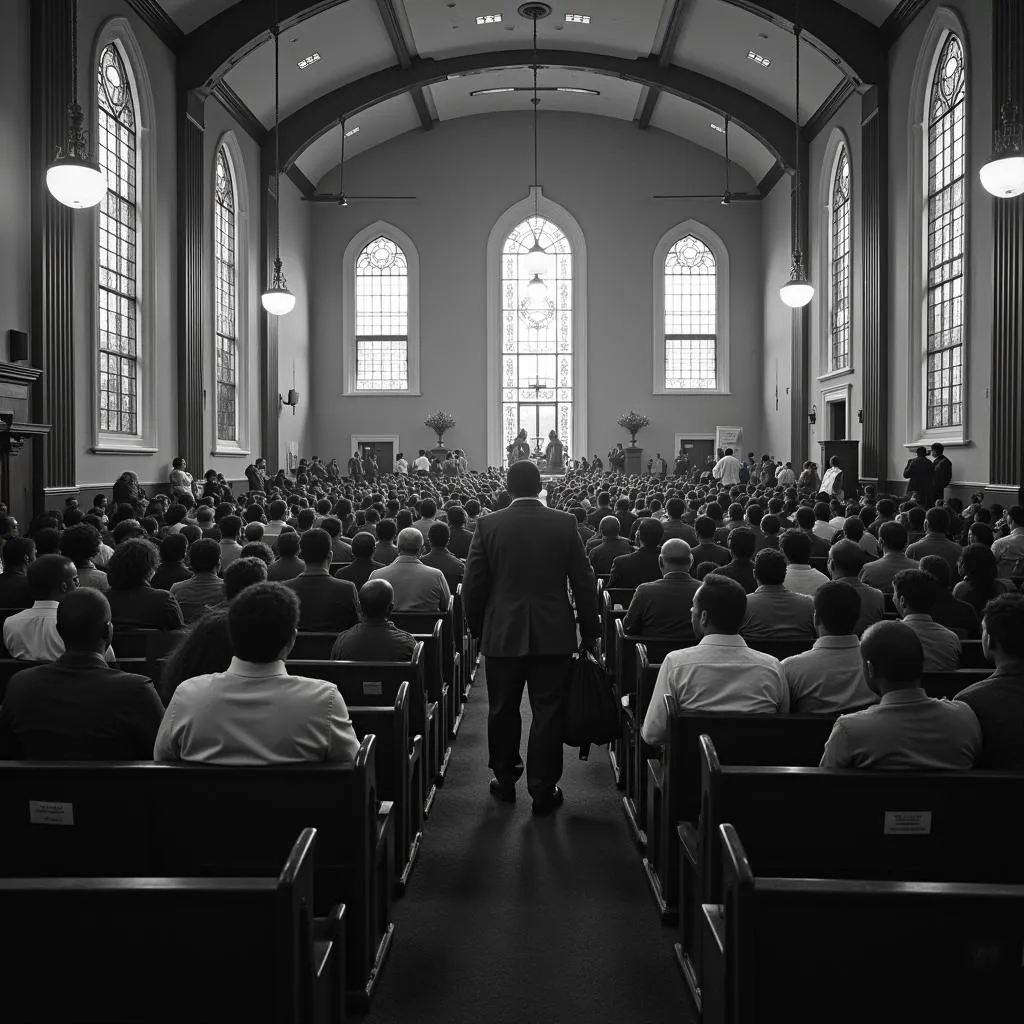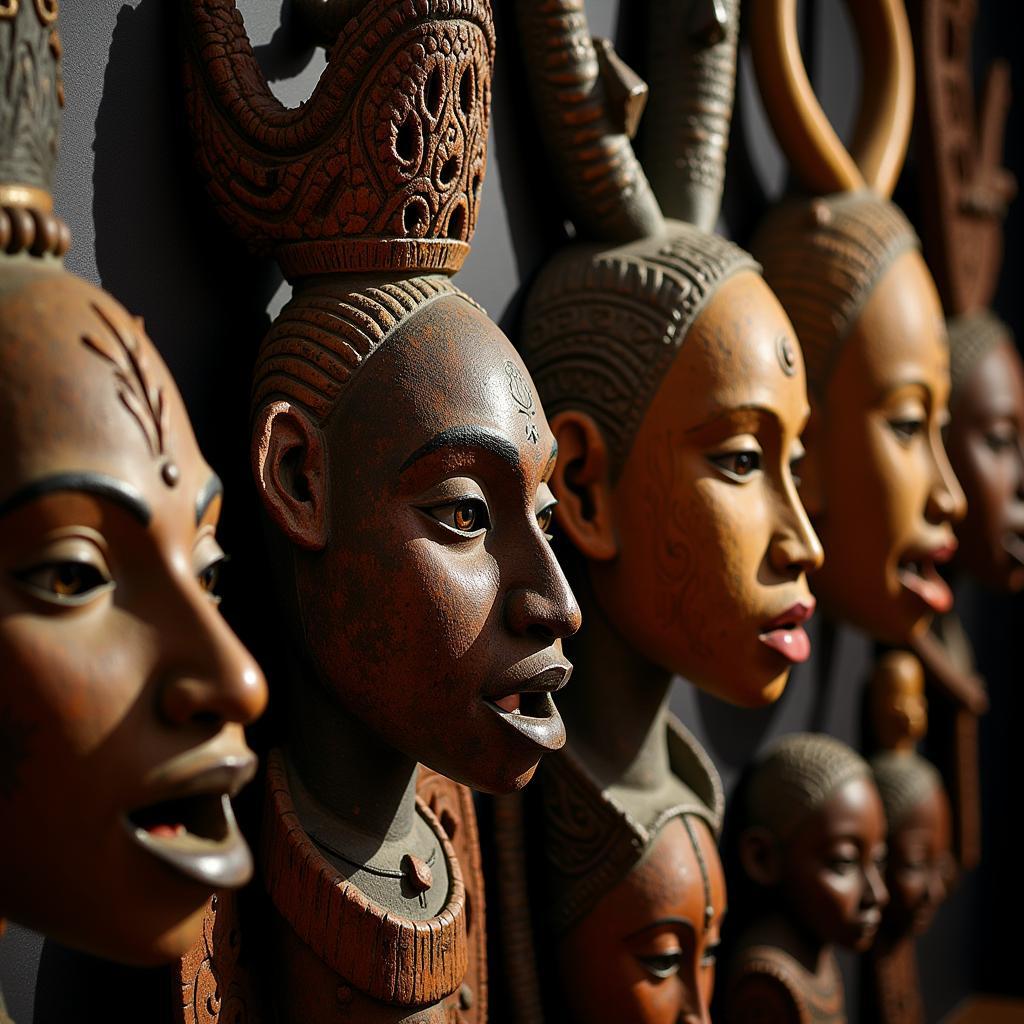Explore Africa: A Comprehensive List of Capital Cities
Africa is a continent of immense diversity, boasting a rich tapestry of cultures, languages, and landscapes. Each country within this vibrant continent has its own unique story and identity, with captivating capital cities that serve as a gateway to their respective nations. In this comprehensive guide, we will embark on a captivating journey, exploring the vibrant heart of each African nation by delving into its capital city.
A Journey Through Africa’s Capital Cities
Africa’s capital cities are a testament to the continent’s rich history, cultural vibrancy, and ongoing transformation. Each city offers a unique blend of traditional charm and modern dynamism, making them fascinating destinations for travelers and those seeking to understand the pulse of Africa. Let’s embark on a journey, exploring the diverse landscape of Africa’s capital cities, one by one:
North Africa
- Algeria: Algiers, a captivating coastal city, blends modern architecture with historical landmarks. Its iconic Casbah district, a UNESCO World Heritage site, offers a glimpse into the city’s rich past.
- Egypt: Cairo, the heart of ancient civilization, is home to the magnificent Pyramids of Giza and the iconic Egyptian Museum, housing treasures from the pharaohs.
- Libya: Tripoli, the bustling capital, is a crossroads of cultures and a gateway to the Libyan desert. Its historic Old City is a testament to the city’s rich heritage.
- Morocco: Rabat, a charming blend of tradition and modernity, boasts a stunning coastline and the Hassan II Mosque, one of the world’s largest mosques.
- Sudan: Khartoum, located at the confluence of the Blue Nile and White Nile, is a center for trade and a bridge between northern and southern Sudan.
- Tunisia: Tunis, a vibrant metropolis, combines modern development with traditional souks and ancient Roman ruins, offering a glimpse into the country’s rich past.
West Africa
- Benin: Porto-Novo, a bustling harbor city, is known for its vibrant markets and traditional festivals. Its historical center, Cotonou, offers a glimpse into the city’s past.
- Burkina Faso: Ouagadougou, the cultural heart of Burkina Faso, is known for its vibrant music scene and its dedication to traditional arts.
- Cabo Verde: Praia, a coastal city, offers stunning beaches and a blend of Portuguese and African influences. Its colonial architecture is a testament to the city’s history.
- Côte d’Ivoire: Yamoussoukro, a modern city, boasts the Basilica of Our Lady of Peace, one of the world’s largest churches.
- Gambia: Banjul, a charming coastal city, is known for its peaceful atmosphere and its colonial history.
- Ghana: Accra, the bustling capital, is a dynamic center for commerce and a vibrant cultural hub. Its National Museum offers a glimpse into Ghana’s rich history.
- Guinea: Conakry, a coastal city, is a major port and a gateway to the interior of Guinea. Its bustling markets offer a glimpse into the city’s vibrant culture.
- Guinea-Bissau: Bissau, a charming coastal city, is a center for trade and a blend of Portuguese and African influences.
- Liberia: Monrovia, a bustling coastal city, is named after U.S. President James Monroe and boasts a vibrant music scene.
- Mali: Bamako, the cultural heart of Mali, is known for its traditional music, dance, and its lively markets.
- Mauritania: Nouakchott, a modern desert city, is a center for trade and a gateway to the Mauritanian desert.
- Niger: Niamey, a vibrant river city, is a center for trade and a gateway to the Niger River. Its Grand Mosque is a striking example of Islamic architecture.
- Nigeria: Abuja, a modern city, is designed with wide boulevards and impressive monuments. Its National Mosque and National Christian Center reflect the country’s religious diversity.
- Senegal: Dakar, a bustling coastal city, is a cultural hub with a rich history and a vibrant music scene. Its historic district, Goree Island, is a UNESCO World Heritage site and a poignant reminder of the transatlantic slave trade.
- Sierra Leone: Freetown, a bustling coastal city, is a center for trade and a vibrant cultural hub. Its historic district, the Cotton Tree, is a symbol of Sierra Leone’s independence.
- Togo: Lomé, a vibrant coastal city, is a center for trade and a gateway to the interior of Togo. Its Grand Marché offers a glimpse into the city’s diverse culture.
Central Africa
- Cameroon: Yaoundé, a bustling city, is the political and cultural center of Cameroon. It’s home to the National Museum, which showcases the country’s rich history and traditions.
- Central African Republic: Bangui, a riverside city, is a cultural hub and a gateway to the Central African Republic’s diverse landscape.
- Chad: N’Djamena, a bustling city, is a center for trade and a gateway to the Chadian desert.
- Democratic Republic of Congo: Kinshasa, a vibrant city, is a major port and a center for music and culture.
- Equatorial Guinea: Malabo, a charming island city, is the capital of Equatorial Guinea and a gateway to the country’s diverse landscape.
- Gabon: Libreville, a coastal city, is a center for trade and a gateway to the Gabonese rainforest. Its National Museum houses a collection of art and artifacts from Gabon’s diverse cultures.
- Republic of Congo: Brazzaville, a bustling riverside city, is a center for trade and a gateway to the Congolese rainforest.
- São Tomé and Príncipe: São Tomé, a charming island city, is the capital of São Tomé and Príncipe. Its historical center, the Old Town, is a UNESCO World Heritage site.
East Africa
- Burundi: Gitega, a historical city, is the capital of Burundi, known for its traditional crafts and its stunning natural beauty.
- Comoros: Moroni, a coastal city, is the capital of Comoros, known for its charming architecture and its rich culture.
- Djibouti: Djibouti City, a bustling port city, is the capital of Djibouti, a vital hub for trade and a gateway to the Horn of Africa.
- Eritrea: Asmara, a charming city, is the capital of Eritrea, known for its Italian colonial architecture and its diverse culture.
- Ethiopia: Addis Ababa, a bustling city, is the capital of Ethiopia, a center for trade, culture, and diplomacy. It’s home to the African Union headquarters and the National Museum, which houses the famous Lucy skeleton.
- Kenya: Nairobi, a vibrant city, is the capital of Kenya, a center for tourism, trade, and culture. It’s home to the Nairobi National Park, one of the world’s most famous wildlife reserves.
- Madagascar: Antananarivo, a bustling city, is the capital of Madagascar, known for its stunning natural beauty and its diverse culture.
- Malawi: Lilongwe, a modern city, is the capital of Malawi, a center for trade and a gateway to Lake Malawi, one of Africa’s most beautiful lakes.
- Mozambique: Maputo, a vibrant coastal city, is the capital of Mozambique, a center for trade and a gateway to the Indian Ocean. Its charming architecture reflects its colonial past.
- Rwanda: Kigali, a clean and modern city, is the capital of Rwanda, known for its beautiful hills and its efforts to rebuild after the 1994 genocide.
- Seychelles: Victoria, a charming city, is the capital of Seychelles, a paradise of stunning beaches and crystal-clear waters.
- Somalia: Mogadishu, a bustling coastal city, is the capital of Somalia, a center for trade and a gateway to the Horn of Africa.
- South Sudan: Juba, a rapidly growing city, is the capital of South Sudan, a new nation striving to build its own identity.
- Tanzania: Dodoma, a peaceful city, is the capital of Tanzania, a center for government and a gateway to the Serengeti National Park, one of Africa’s most famous wildlife reserves.
- Uganda: Kampala, a bustling city, is the capital of Uganda, a center for trade, tourism, and culture. It’s home to the National Museum, which showcases Uganda’s rich history and traditions.
- Zambia: Lusaka, a vibrant city, is the capital of Zambia, a center for trade and a gateway to Victoria Falls, one of the world’s most spectacular waterfalls.
- Zimbabwe: Harare, a bustling city, is the capital of Zimbabwe, a center for trade and a gateway to the Great Zimbabwe, a UNESCO World Heritage site.
Southern Africa
- Botswana: Gaborone, a modern city, is the capital of Botswana, a center for trade and a gateway to the Kalahari Desert.
- Eswatini: Mbabane, a charming city, is the capital of Eswatini, known for its stunning natural beauty and its rich culture.
- Lesotho: Maseru, a charming city, is the capital of Lesotho, a mountainous kingdom known for its stunning scenery and its traditional culture.
- Namibia: Windhoek, a charming city, is the capital of Namibia, a country known for its stunning desert landscapes and its unique wildlife.
- South Africa: Pretoria, a modern city, is the administrative capital of South Africa, known for its beautiful parks and its rich history.
- South Africa: Cape Town, a stunning city, is the legislative capital of South Africa, famous for Table Mountain, its vibrant harbor, and its beautiful beaches.
- South Africa: Bloemfontein, a charming city, is the judicial capital of South Africa, known for its historical significance and its beautiful parks.
Unveiling the Rich Tapestry of African Cities
As we conclude our journey through Africa’s capital cities, it is evident that each city is a microcosm of the continent’s diversity, offering a captivating blend of history, culture, and modernity. From the ancient wonders of Cairo to the vibrant streets of Lagos, each capital city tells a unique story and provides a glimpse into the heart of its nation.
It is important to note that this list is not exhaustive and does not reflect any specific order of importance. The purpose of this guide is to provide a starting point for exploring the diverse landscape of African capital cities and to ignite a passion for discovering more about this captivating continent.
Embrace the adventure, explore Africa’s vibrant capital cities, and uncover the rich tapestry of stories that lie within each one.
Frequently Asked Questions (FAQs)
1. Which is the largest capital city in Africa?
Cairo, the capital of Egypt, is the largest capital city in Africa, with a population of over 10 million.
2. What are some of the most popular tourist destinations in African capital cities?
Some of the most popular tourist destinations in African capital cities include the Pyramids of Giza in Cairo, Egypt; Table Mountain in Cape Town, South Africa; the Great Zimbabwe in Harare, Zimbabwe; and the National Museum in Addis Ababa, Ethiopia.
3. What are the best ways to travel between African capital cities?
There are several ways to travel between African capital cities, including by air, by road, and by rail. Air travel is the most convenient option for long distances, while road travel is a good option for shorter distances. Rail travel is also available in some countries, but it is not as widely available as air or road travel.
4. What are some of the best things to do in African capital cities?
African capital cities offer a wide range of activities for travelers, including exploring historical sites, visiting museums, experiencing local markets, enjoying vibrant nightlife, and indulging in delicious local cuisine.
5. Are African capital cities safe for tourists?
Like any major city in the world, African capital cities can have their fair share of safety concerns. It is important to be aware of your surroundings and take precautions to protect yourself from crime. However, with a little common sense and awareness, you can enjoy a safe and enjoyable trip to Africa.
6. What are some tips for planning a trip to an African capital city?
Here are some tips for planning a trip to an African capital city:
- Do your research and choose a destination that interests you.
- Book your flights and accommodation in advance, especially during peak season.
- Pack light and bring only what you need.
- Get travel insurance before you go.
- Be aware of local customs and traditions.
- Be respectful of the local people and their culture.
- Be aware of your surroundings and take precautions to protect yourself from crime.
- Have fun and enjoy your trip!
7. What are some resources for finding more information about African capital cities?
There are many resources available for finding more information about African capital cities, including travel websites, guidebooks, and online forums. You can also find information from embassy websites, tourism boards, and local news outlets.



